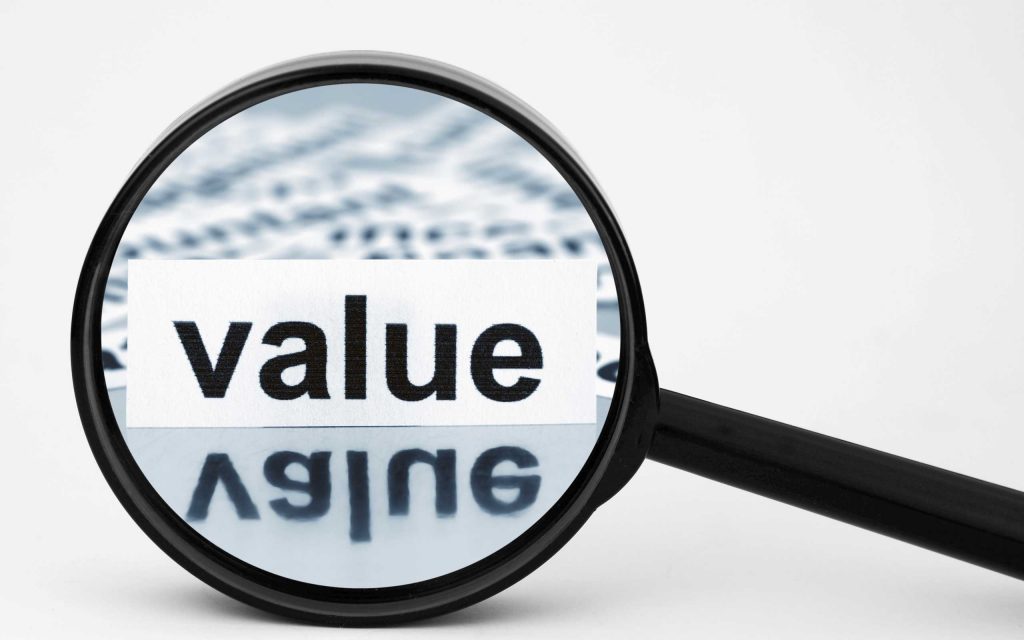Preparing the Company for Sale: What Buyers Want to See
By Daniel R. Siburg, CPA, CVA & Howard Fisher Potential buyers for a company generally look hard at certain aspects of it, and vanish if they do not like what they find. Fortunately, the same practices that will help you run the business more efficiently and effectively on a daily basis will also help you…
Read more











Recent Comments